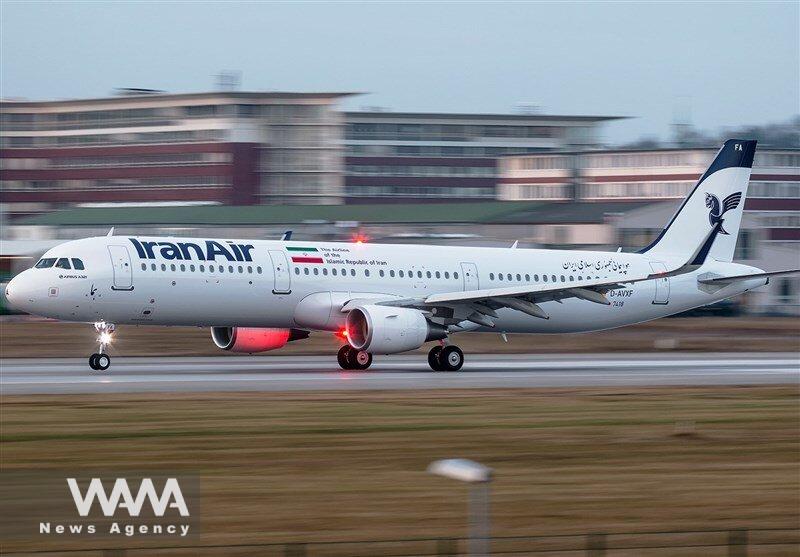Is Migration a Simple Task?
WANA (Jan 12) – “Migration is starting everything in life from scratch, everything from the beginning , like a child who is just learning to speak, walk, eat, and connect with others, and this is immensely difficult.” This is a sentiment expressed by many Iranian migrants when describing the experience of leaving their homeland for another country.
Starting over is incredibly challenging, especially in a geographical and cultural context different from the one migrants have known and adapted to for years.
These differences encompass a wide range of elements: language, religion, laws, norms, customs, subcultures of various groups, and even food and dietary habits. While food may not initially seem significant, it quickly asserts its importance after just a few days.

Another layer of difficulty in rebuilding life as a migrant lies in meeting the basic needs for survival—food, shelter, clothing, and healthcare. Accessing these necessities often depends on securing a job and a stable income, which can be one of the most significant and immediate challenges for migrants, particularly in the early days of arriving at a new destination.
I’ve had casual, friendly conversations with individuals who have migrated from Iran over the past decade. During a discussion with an Iranian migrant who is a poet and journalist, I encountered a thought-provoking statement: “Countries have two faces—a public facade shown to the world and a real, tangible face that becomes most apparent to migrants. This real face often includes the unfavorable attitudes of local populations toward foreign migrants, who are frequently seen as outsiders or unwelcome additions.”
Another migrant, an Iranian writer and artist who has moved to Europe, spoke about the feelings of suspension and alienation migrants experience in their new environment, as well as the difficulty of acquiring a new civic identity. He added: “Beyond these unpleasant feelings, migrants also face tangible challenges: finding employment, the slow and difficult access to medical services, high housing costs, and the struggle to obtain affordable, quality food that suits their taste and dietary habits. Essentially, migrants are fighting every single day just to survive!”

Majid Asgaripour/WANA (West Asia News Agency)
Some migrants, despite having high levels of expertise and financial resources, find that the constant label of being a “migrant” prevents them from regaining the social status they held in their homeland—or delays their ability to do so. This gap or decline in social standing in the destination society compared to their home country is one of the critical challenges in their new lives post-migration.
Longing for memories left behind in the homeland—the place where migrants were born and raised—and the pain of separation from family, friends, and old acquaintances are among the shared struggles of nearly all migrants, even those who may not face the previously mentioned challenges of work, housing, and stable income.

Iran Plans for Reverse Migration of Talent, Says Official
WANA (Aug 21) – Abdollah Sohrabi, Secretary-General of the Supreme Council for Iranians Abroad, announced at the Cultural Heritage and Antiquities Association that five million Iranians currently live abroad. He stated that, following former President Ebrahim Raisi’s directive, plans have been developed to facilitate the return and reverse migration of skilled Iranians. He added […]
It is clear that all these issues vary depending on age, gender, class, and the reasons and motivations for migration.
Migration is a complex and challenging process that forces migrants into the unknown, confronting them with circumstances vastly different from the culture and geography they had once adapted to. It exposes them to difficult tangible and intangible challenges as they strive to survive and rebuild their lives.












